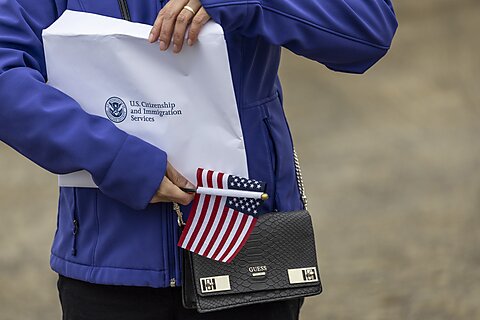David J. Bier
For many years, I have advocated for the U.S. government to allow the private sponsorship of immigrants and refugees, freeing U.S. citizens to resettle vulnerable people. This vision finally became reality in 2022 when the Department of Homeland Security (DHS) announced it would allow Americans to sponsor Ukrainians fleeing Russia’s invasion. A version of this same policy was then expanded to Cubans, Haitians, Nicaraguans, and Venezuelans.
In a new paper Cato released today, I explain how these policies work and what challenges they face going forward. Here is the executive summary:
The U.S. government has recently launched multiple novel migration initiatives through which Americans may sponsor Ukrainians, Cubans, Haitians, Nicaraguans, and Venezuelans for a temporary U.S. residence known as parole. Parole allows the beneficiaries to travel to the United States legally and live there legally for at least two years. Sponsors must show financial assets and income sufficient to support the beneficiaries. The parole sponsorship processes have decreased migration from these five countries to the U.S.-Mexican border.
This policy has transformed migration to the United States. By July 2023, parole had already redirected about 316,000 people away from long, perilous treks through Mexico and into a legal framework to fly directly from their home countries or third countries to the United States. The parole sponsorship processes have accomplished these early positive results mainly because they have relatively open eligibility criteria and because the government initially expedited their adjudications.
Unfortunately, some features of the processes have stymied the initial progress, and a backlog of about 1.7 million applicants has developed. The government also failed to cover the costs of parole processing because it exempted sponsors and parole applicants from fees usually charged to other travelers, leading to delays in adjudication. Even if resources were sufficient, the government has capped approvals for Cuba, Haiti, Nicaragua, and Venezuela at just 30,000 per month, making extremely long waits inevitable. Removing the cap and charging a fee would permit expansion to other countries where a legal avenue is sorely needed.
You can read the whole paper here.
























